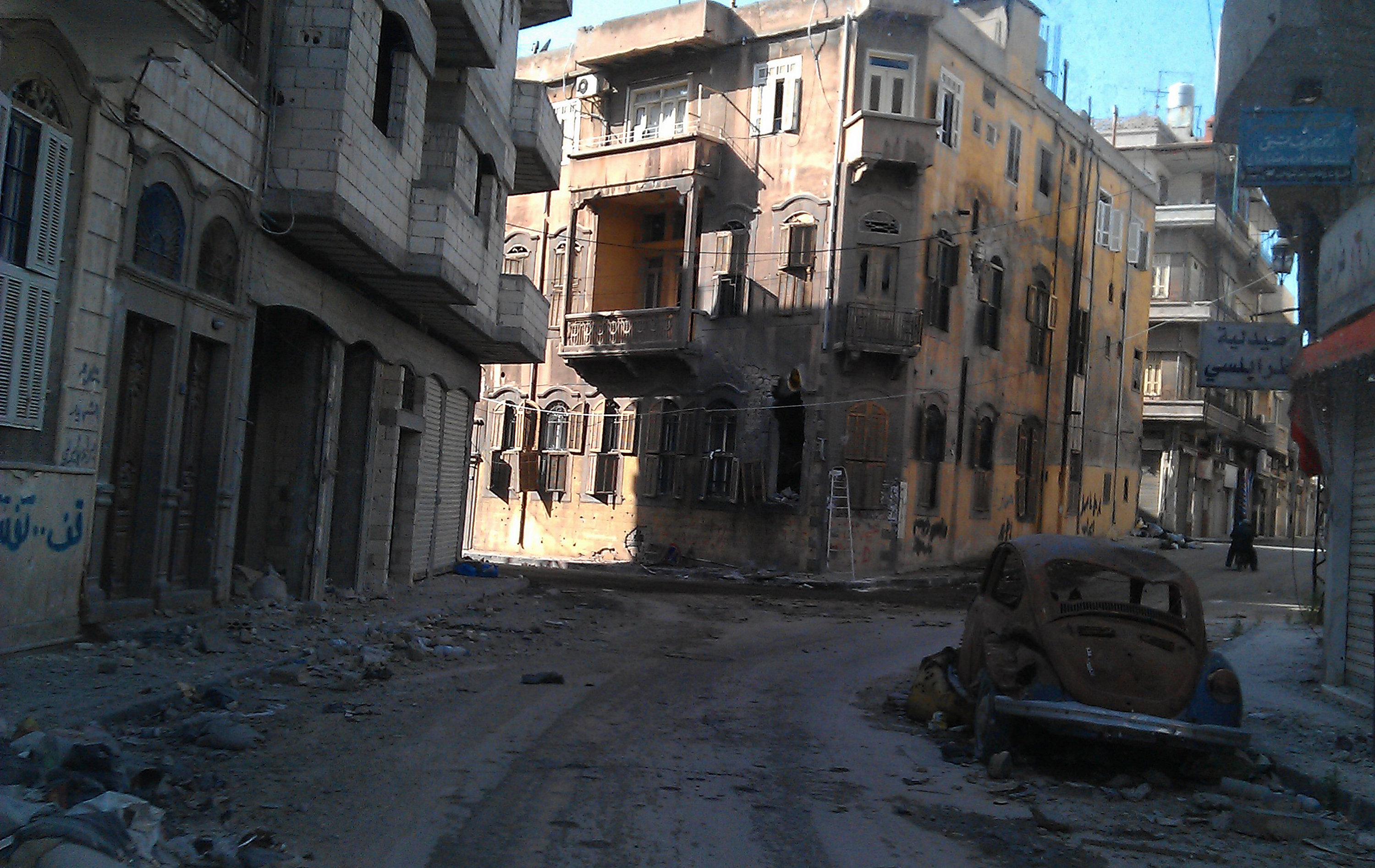MOSCOW, August 23 – RAPSI, Ingrid Burke. A video clip released Thursday appears to depict a group of Syrian rebels summarily executing a number of unarmed men alleged to be captive soldiers in violation of international humanitarian law, UN Human Rights Council (UNHRC) spokesman Robert Colville told RAPSI Friday.
The clip may further point to war crimes relating to the torture and ill treatment of captured combatants, Amnesty International Deputy Middle East and North Africa Programme Director Ann Harrison added, speaking with RAPSI separately Friday.
The video clip zeroes in on a group of heavily armed men – many carrying assault rifles – in a hollowed out structure filled with debris. The armed men circulate around various other men on the floor. Some are seated, while most appear to be lying, huddled together in a pile. Based on the video clip, these men on the floor appear to be unarmed. It is unclear whether any of them are wearing uniforms. As the armed men circulate around those lying on the floor, kicks are hurled and at least one shot is fired. The men in the pile clutch their heads. Suddenly, a barrage of gunshots are fired as clouds of smoke largely obscure the cameras view. After the firing ceases, the formerly chaotic scene is filled with silence.
Speaking to the likelihood that the video does in fact depict the commission of a war crime, Coleville asserted that, “no one is really denying it as far as I’m aware, and the allegations are that these were captured soldiers who were killed and if that’s the case, that would be a war crime.” He continued, “Once a soldier is captured you have to treat him in certain ways, and obviously summary execution isn’t one of them.”
The abuse and humiliation of the men piled on the floor prior to their apparent executions appears in Amnesty International’s view to constitute a war crime. According to Harrison, “under international humanitarian law people – armed combatants who are captured by the other side must be treated well and with respect and under no account must be tortured or otherwise ill-treated and must not be executed. It’s the responsibility of the side which has captured them to hold them in adequate conditions until the end of hostilities.”
Still, at this stage the video alone cannot firmly establish the commission of a war crime. “[A] war crime at the end of the day is the decision of a judge in a court. You know, we can suggest it’s a likelihood which is what we’re doing. But to be absolutely sure you’d have to go through a court process,” Coleville explained.
The UN High Commissioner for Human Rights has advocated for the referral of war crimes committed through the course of the Syria conflict to the International Criminal Court (ICC) since about this time last year. Coleville explained that this has become even more of an imperative this past year, as the number of crimes committed by both sides of the conflict have escalated dramatically.
Importantly, the dynamic has shifted with regard to the commission of war crimes. While initially the government was seen as the primary aggressor, blamed for the “widespread use of torture… arbitrary detentions, killings, executions, etcetera,” this year has been marked by an increasing number of such crimes at the hands of various opposition fighters. “This isn’t the first video apparently showing summary executions or torture by opposition forces,” Coleville explained.
The International Criminal Court has jurisdiction over acts of genocide, crimes against humanity, war crimes, and the crime of aggression. War crimes are defined in part as “grave breaches of the Geneva Conventions.” Common Article III of the Geneva Conventions establishes that captured soldiers must be treated humanely: “Persons taking no active part in the hostilities, including members of armed forces who have laid down their arms and those placed ' hors de combat ' by sickness, wounds, detention, or any other cause, shall in all circumstances be treated humanely.” Toward this end, the murder, cruel treatment, torture, and humiliating and degrading treatment are expressly prohibited.



